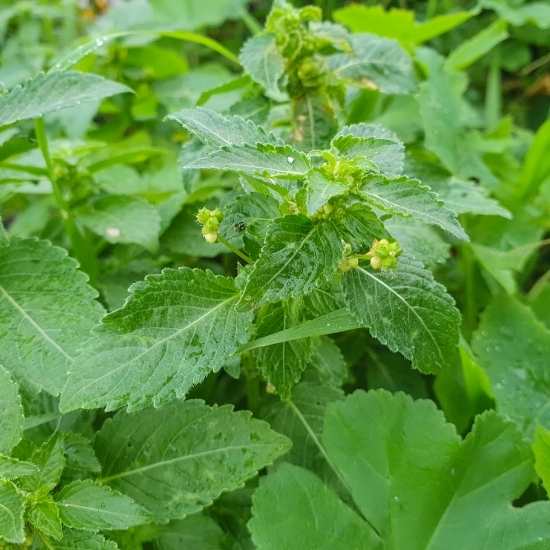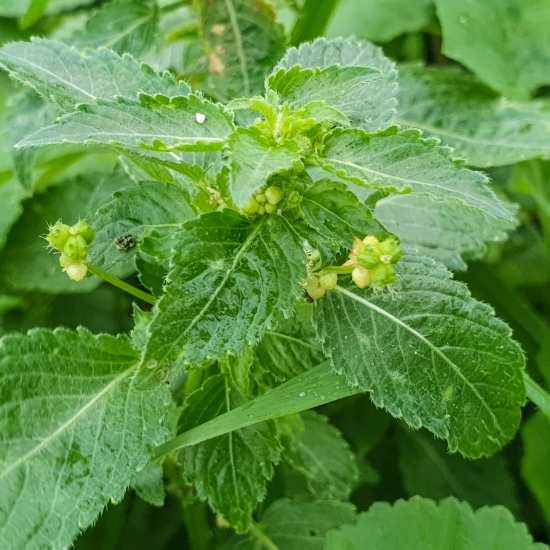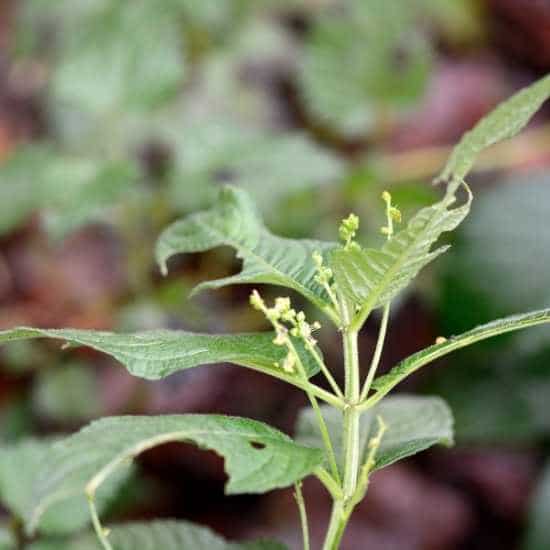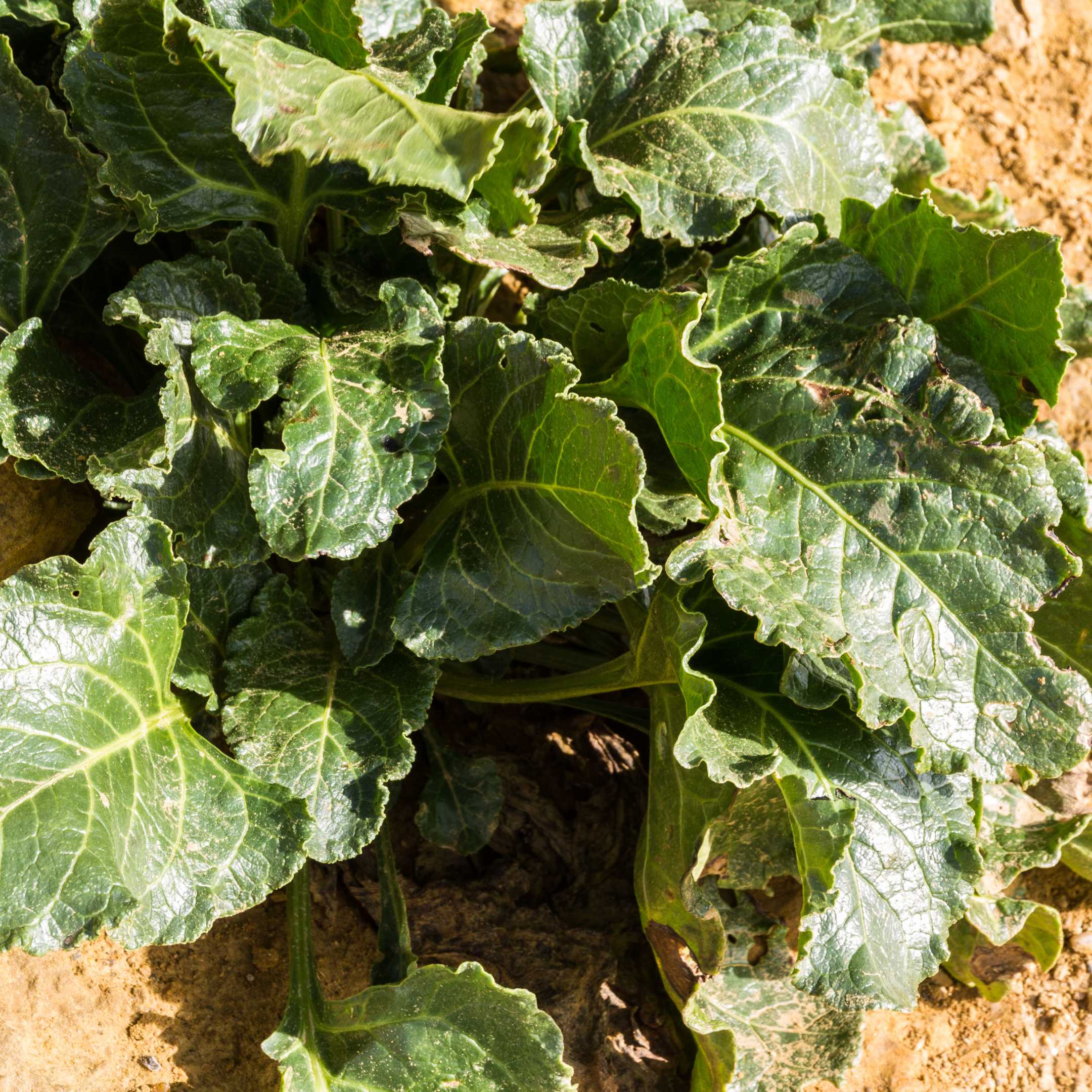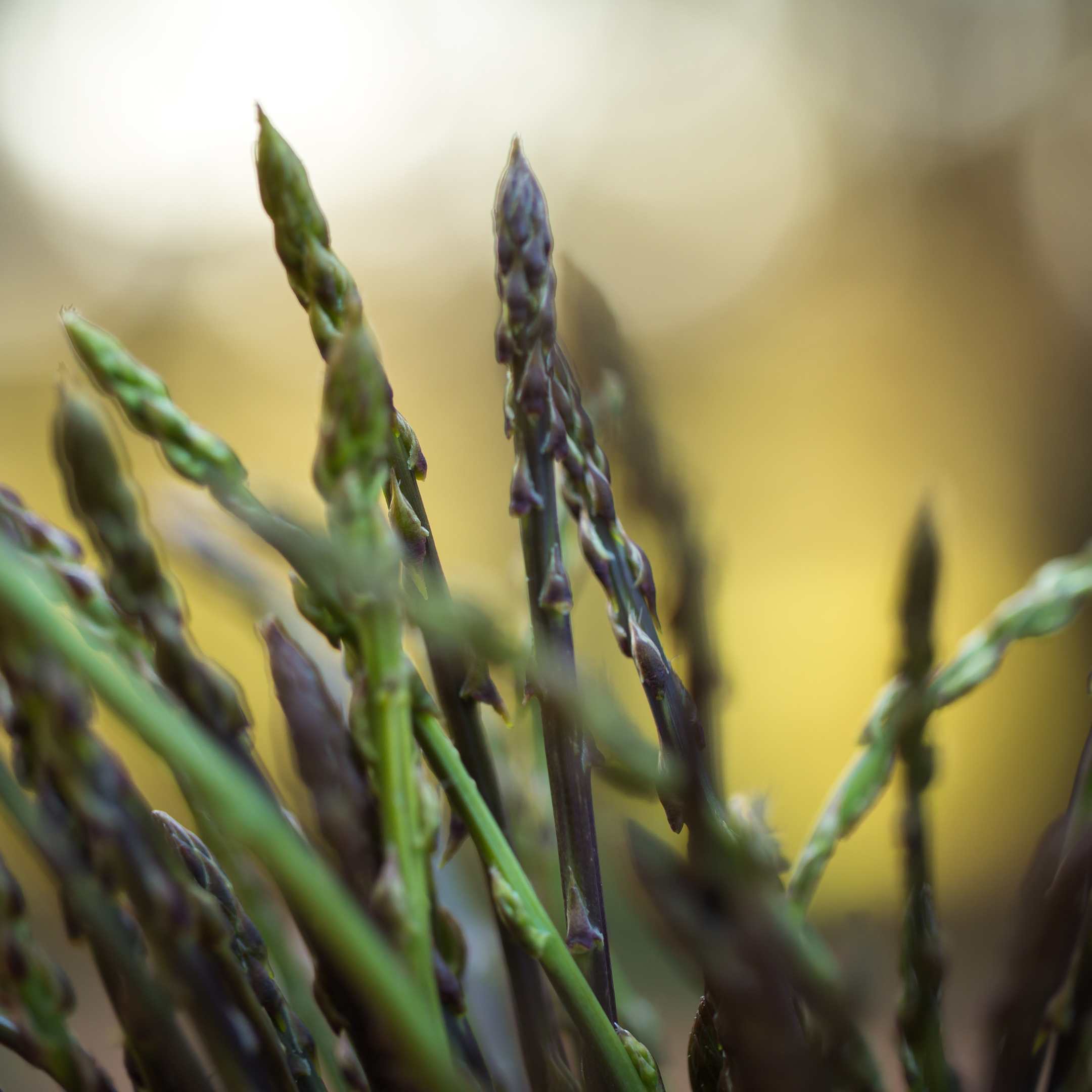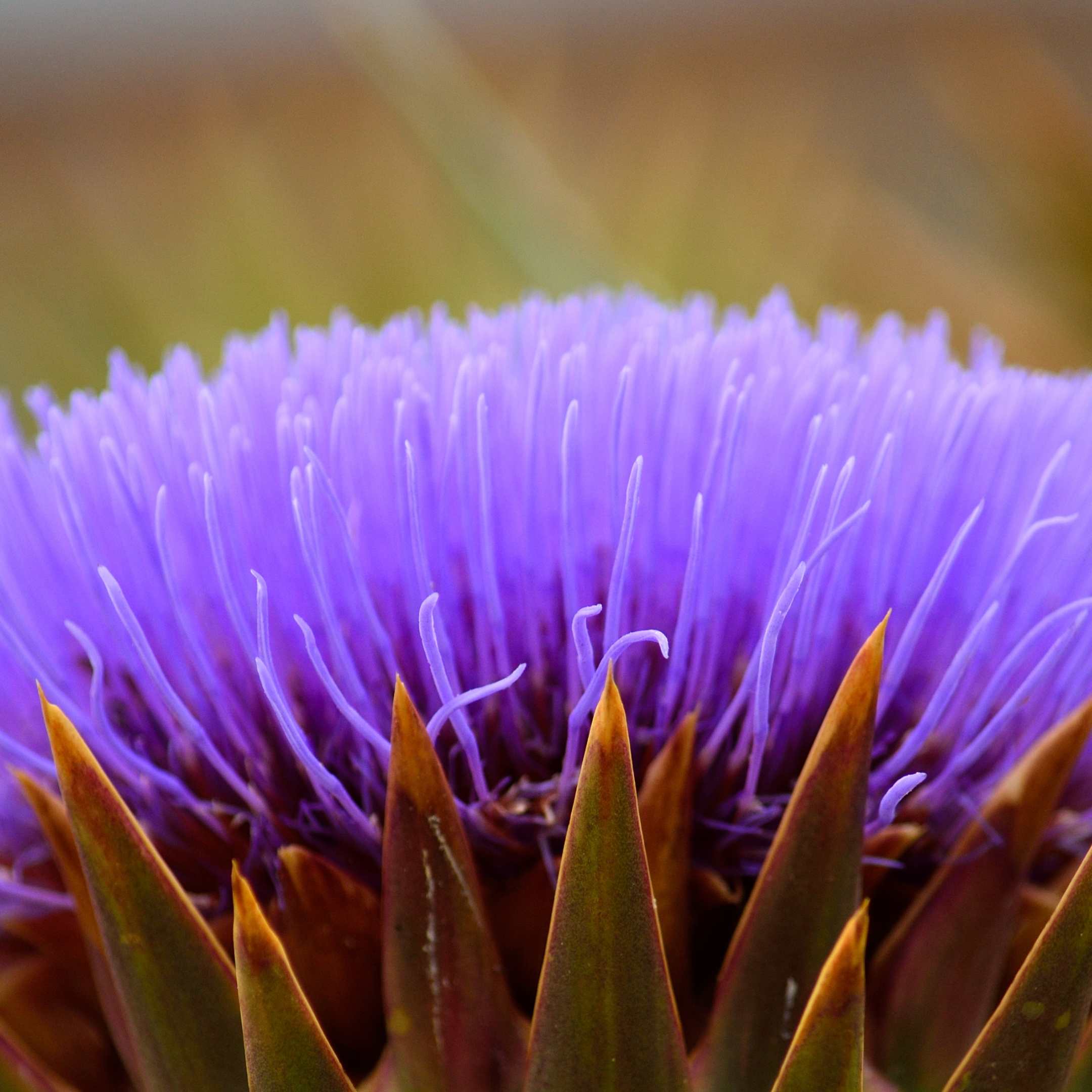Join us for our next Mindful Art session with Abi MacLeod on Saturday August 10th at the Qawsalla Hub from 11am to 1pm for an afternoon of mindful painting! All supplies are provided, just bring
Have you ever heard of Annual Mercury? Well it grows on Gozo!
Author of, Weeds For Health On Gozo, Heléna Szöllősy shares everything you need to know about the wild plants that make up Gozo’s unique and diverse flora. Enjoy learning about the healing benefits and many usages of Annual Mercury, which flowers on Gozo between November and May.
annual mercury, Gozo
Mercurialis annua – L
Botanical Name: Mercurialis annua – L. Synonyms: none Family Name: Euphorbiaceae Maltese Name: Burikba Common Names: French Mercury, Garden Mercury, Mercury Weed, Town Weed Meaning of the Name: Mercurialis, in honour of Mercurius (Roman), or Hermes (Greek), the messenger of the gods, annua, from Latin, annual
DESCRIPTION
Annual mercury is an annual herb growing 10 to 70 centimetres tall with oppositely arranged, stipulate oval leaves each a few centimetres long. The male flowers are borne in spikelike clusters sprouting from leaf axils and female flowers grow at leaf axils in clusters of 2 or 3.
On Gozo it is flowering from November to May. The fruit is a bristly schizocarp 2 or 3 millimetres wide containing shiny, pitted seeds. The plant is mostly dioecious with male and female plants producing different types of inflorescence.
- Habitats: Wasteland places. A common weed of cultivated soils, but it avoids acid soils.
- Range: Europe from Scandinavia south and east to the Mediterranean, Azores, North Africa, and the Middle East.
- Status for Malta: Indigenous. Originating from Maltese islands. Very common in the wild.
- Parts Used: flowering plant, root.
- Herbal Actions: Emetic, Emollient, Ophthalmic, Purgative.
INTERNAL USES:
The whole plant and especially the juice was employed from the most ancient times as a purgative, emmenagogue, emetic and emollient. It was used in the treatment of rheumatism, dropsy, diarrhoea and disorders of the gall bladder and liver. The French made a syrup of the freshly gathered herb, which was given as a purge, and the dried herb was used to make a decoction for injections, but as a herbal remedy, it is now disregarded in England.
Despite serious safety concerns, mercury herb is used for treating constipation, fluid retention, swelling with pus, as well diseases of the stomach, intestines, and urinary tract. The root and stem of mercury herb might work as laxatives to help stool move through the intestine.
EXTERNAL USES:
The plant is mucilaginous and was formerly much employed as an emollient. When boiled, it loses its acridity and, in this condition, has been used as an emollient. It is used externally to treat women’s complaints, ear and eye problems, warts, and sores.
EDIBLE USES:
You can cook the leaves of Annual Mercury.. As a potherb, this plant had some reputation. The leaves are boiled and eaten like spinach, and it is still eaten in this way in some parts of Germany. However, to be on the safe side, do not use this herb or dog’s mercury either. Raw leaves are poisonous. The seeds taste like those of hemp.
OTHER USES
This species is a potential source of particularly good drying oil. Pigs have also been fed with the plant in France.
PRECAUTIONS: The raw leaves are poisonous. It is probably wise not to eat the leaves of this plant.
annual mercury, wild plants of gozo
Want to learn what else you can forage on Gozo? Click here.
Author : Heléna Szöllősy. Editor: GITH

Helena is an expert on the medicinal properties of plants having trained in Herbal Medicine and Naturopathy, specialising in Phytotherapy including Homeopathy, Aromatherapy, Apitherapy and Bach Flower Therapy.
Information on the traditional uses and properties of herbs are provided in this book for educational purposes only and is not intended as medical advice. This information is not intended to be used to diagnose, prescribe or replace professional medical care. If you have any serious health concerns, you should always check with your health care practitioner before self-administering herbs. Please also undertake your own research when foraging. Some wild plants are endangered and are protected by law.




